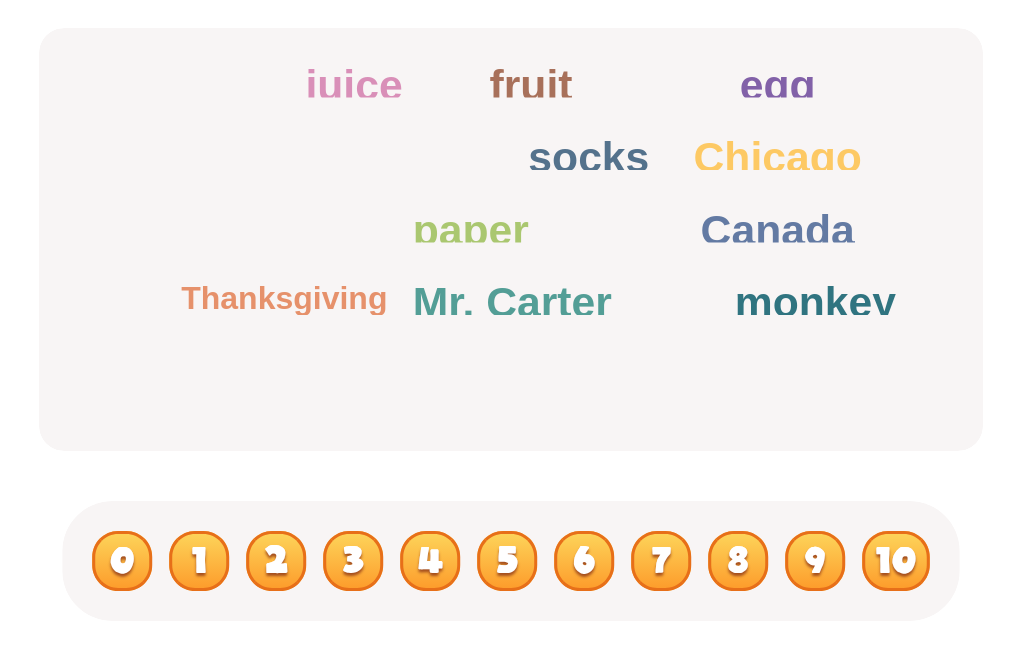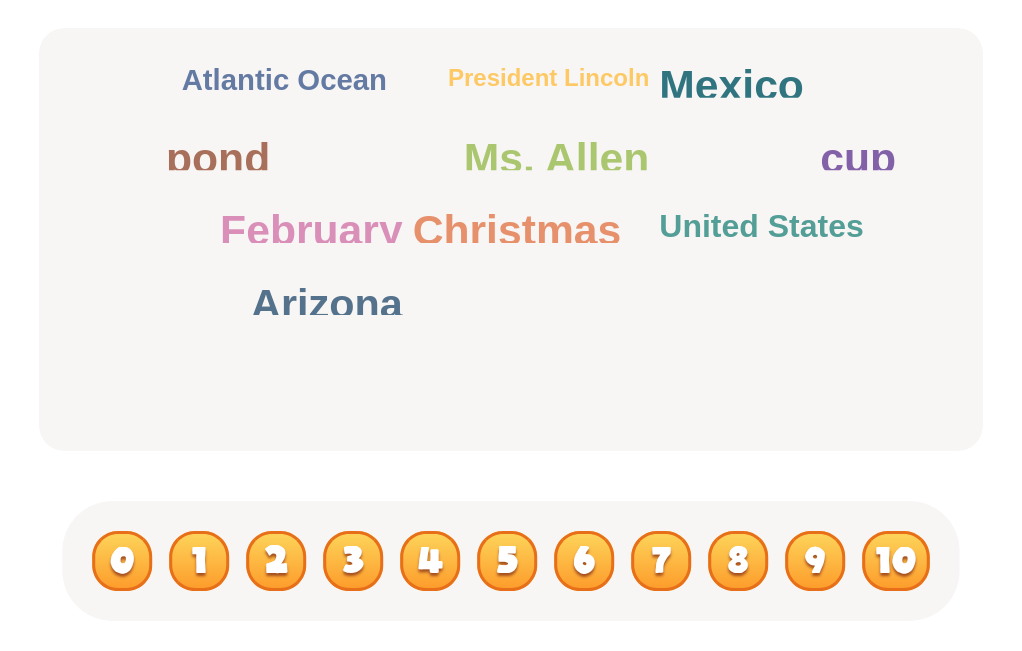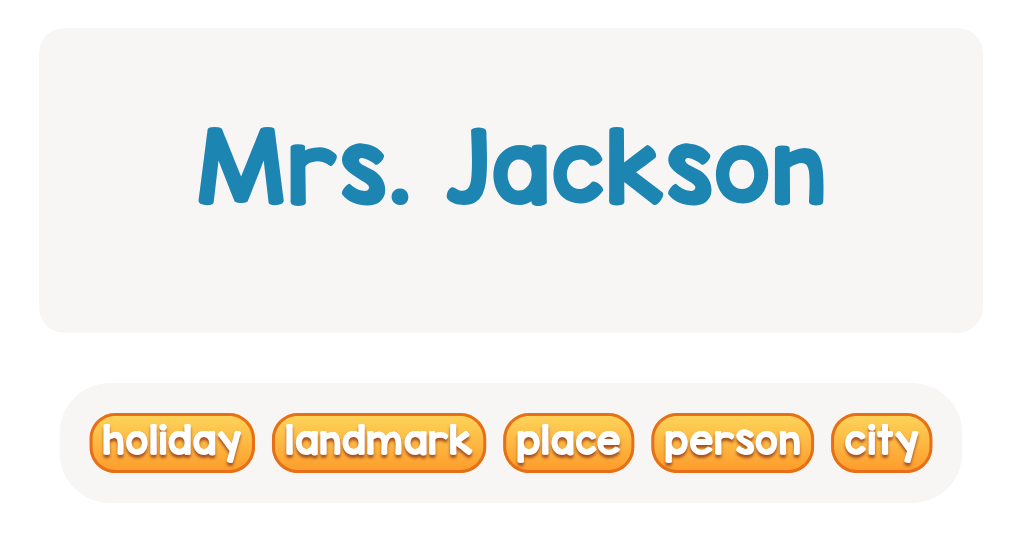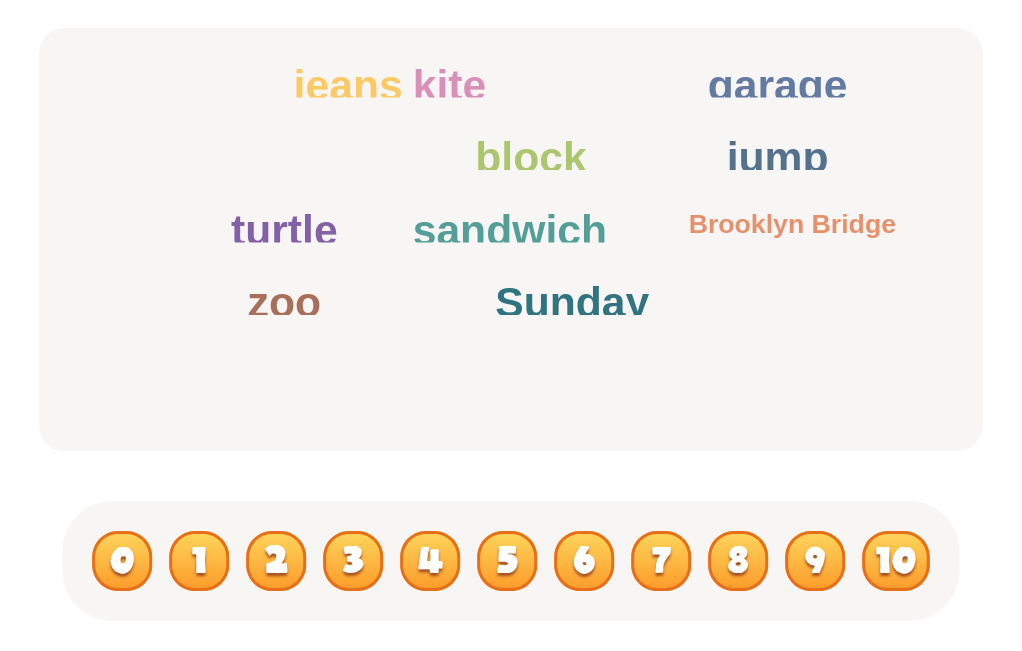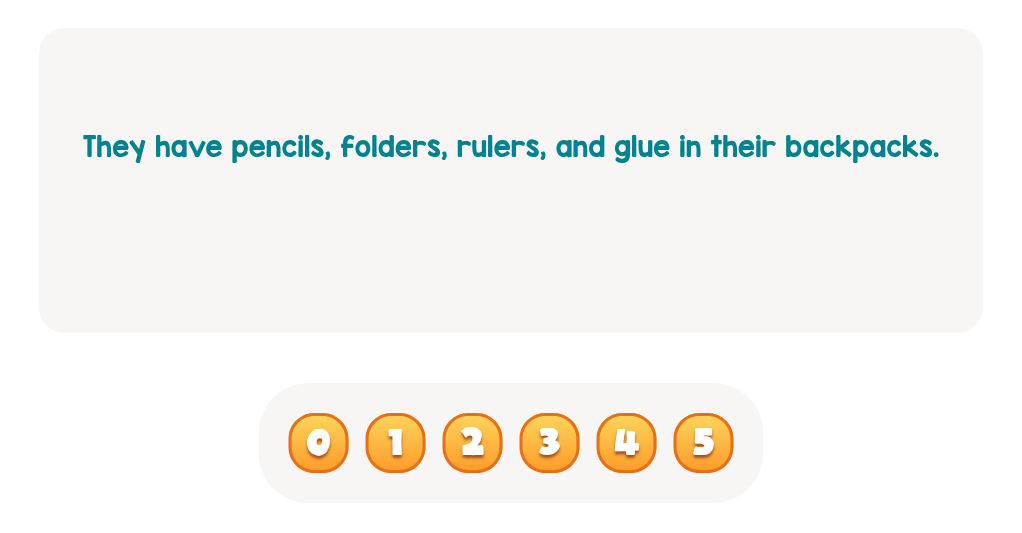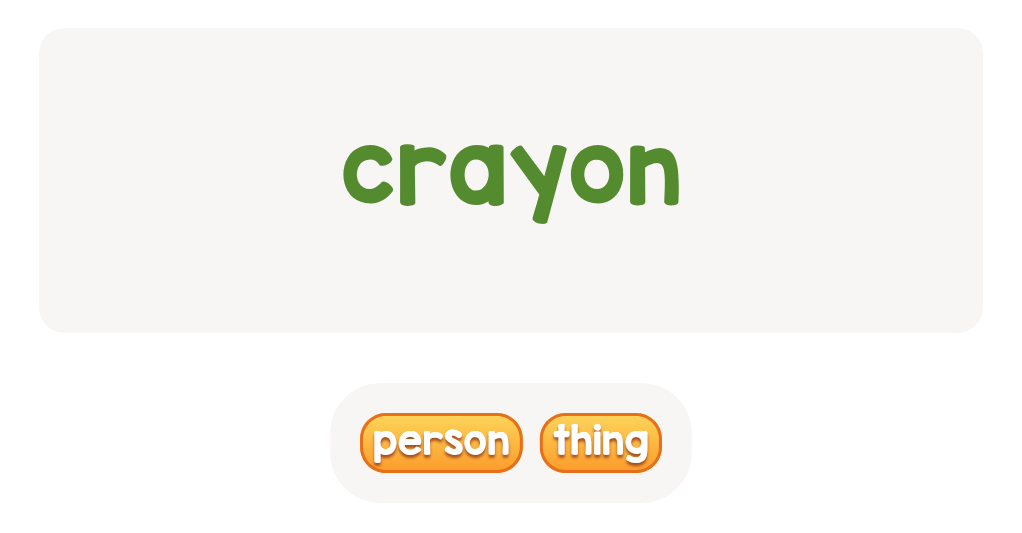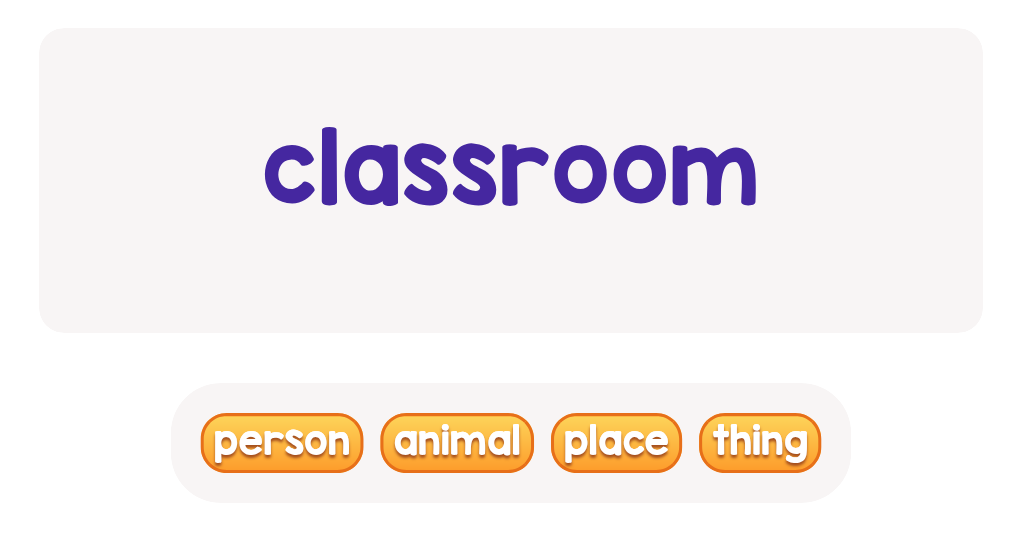Adjective identification Grammar Worksheets for Ages 6-9
3 filtered results
-
From - To
Discover our engaging Adjective Identification Grammar Worksheets designed specifically for children ages 6-9. These interactive worksheets help young learners identify and understand adjectives through fun exercises that foster creativity and reinforce language skills. With colorful visuals and varied activities, children can practice recognizing descriptive words that enhance their writing. Perfect for classroom use or at-home learning, our worksheets encourage critical thinking and build foundational grammar skills. Teachers and parents will appreciate the ease of use and the effective learning experience they provide. Help your child become a confident writer by exploring our collection of adjective identification resources today!
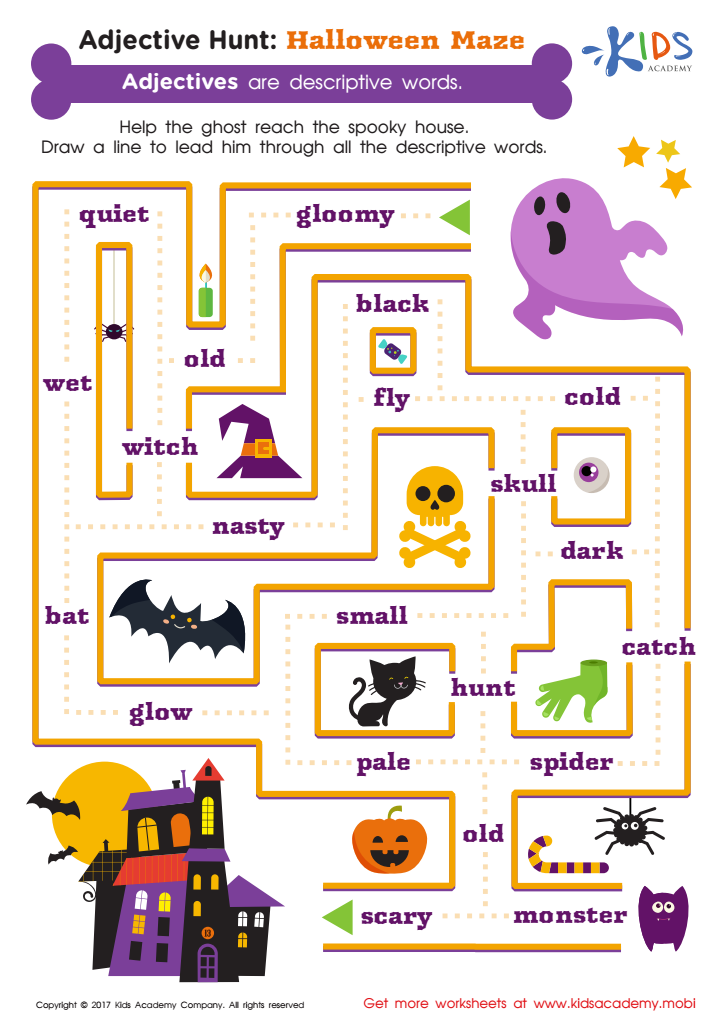

Adjective Hunt Printable
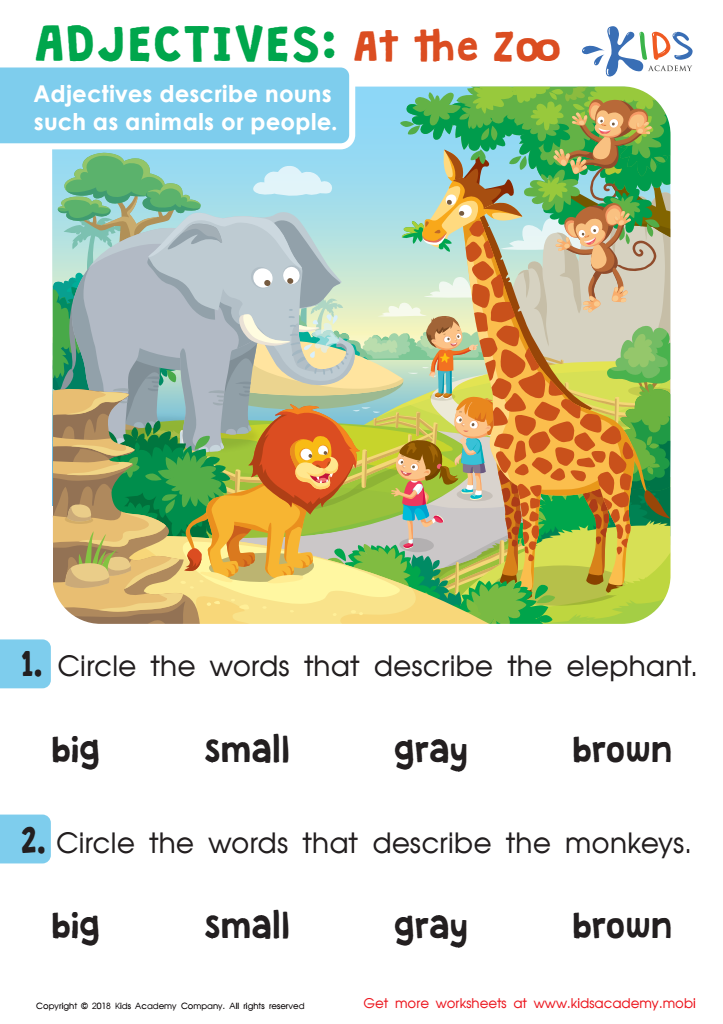

Adjectives: At The Zoo Worksheet
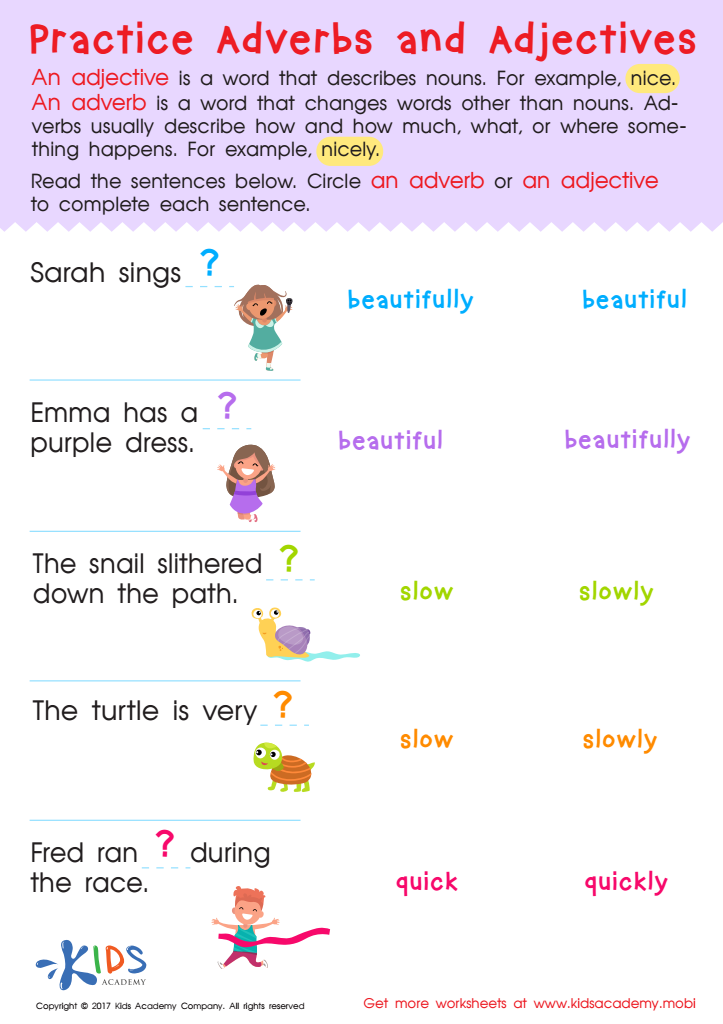

Adverbs and Adjectives Worksheet
Understanding adjectives is crucial for children aged 6-9 as it lays the foundation for their language development and enhances their communication skills. Adjectives describe nouns and help children express themselves more vividly. When parents or teachers focus on adjective identification, they enable children to articulate their thoughts and feelings more clearly, leading to improved confidence in speaking and writing.
Moreover, mastering adjectives contributes to reading comprehension. When kids recognize descriptive words in texts, they can better understand characters, settings, and emotions, making stories more engaging and relatable. This skill enriches their vocabulary, promoting both creative and analytical thinking.
In addition, learning about adjectives can foster critical thinking by encouraging children to describe their surroundings, experiences, and thoughts. This ability to analyze and characterize enhances their observational skills, making them more aware and thoughtful individuals.
Finally, educational environments that prioritize grammar skills, such as adjectives, create a more supportive atmosphere for students. By acknowledging and teaching the importance of these grammatical elements, parents and teachers not only boost children’s academic performance but also cultivate a love for language. This foundational element of grammar is essential for lifelong communication skills and overall language proficiency.
 Assign to My Students
Assign to My Students
